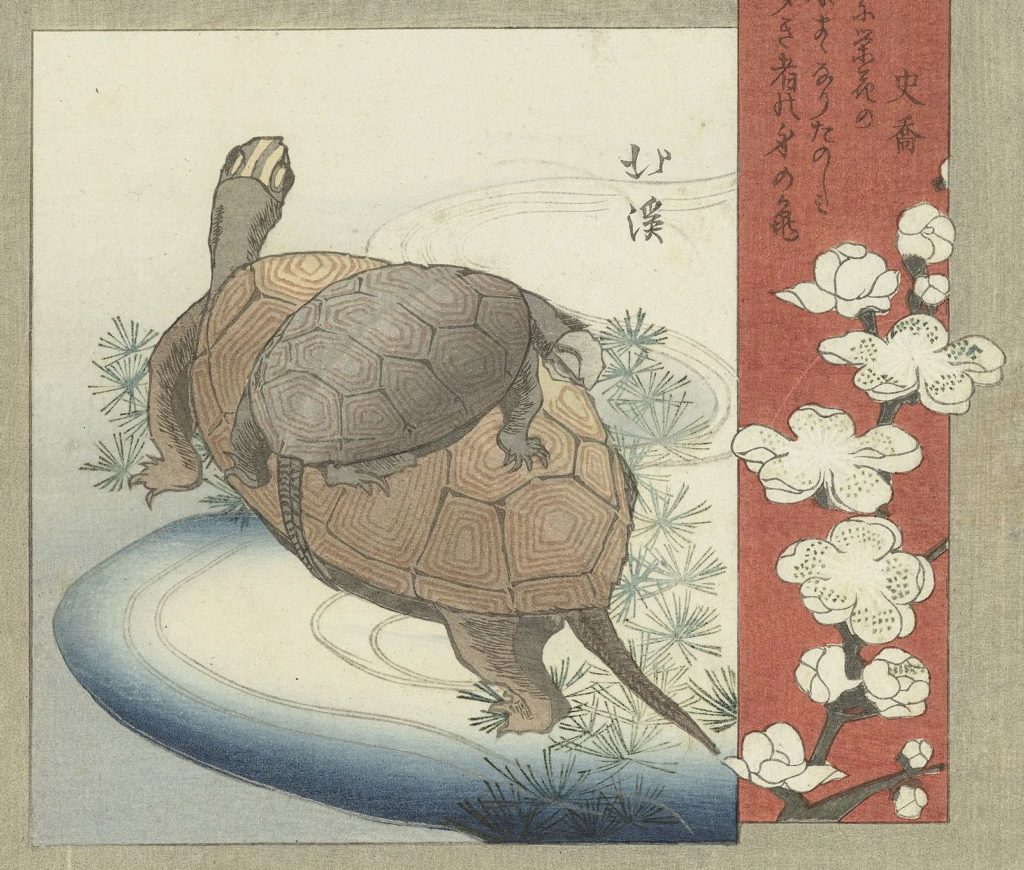
I often hear from authors who are all in a lather because they have to get their book to literary agents and on sale in bookstores like… right now. Preferably yesterday. Two weeks ago if possible.
This often comes to a head around the holidays, when people are trying to rush to get ahead of some imagined holiday-related publishing shutdown.
As one of my former bosses once told me: there are no emergencies in book publishing.
Sure. Maybe if you have an explosive tell-all about a very timely political topic, it’s worth hurrying. But even those take time.
More often than not, people are worried someone else is going to get to their idea first. Or, in misguided parlance, someone else is going to “steal” it.
Here’s why it’s misguided: there are books with similar worlds and plot ideas published all the time. You’re not going to lose your spot to someone else just because they had an idea before you did.
Ideas are a dime a dozen and sometimes it even helps when your book is similar to someone else’s. Ultimately, execution is what really counts.
There is precious little advantage to trying to rush the process. You’re better off approaching the query process or self-publishing with a completely polished and edited manuscript than you are with a mere good idea you’ve dashed off.
And if you’re thinking of submitting your query around the holidays: go for it. I’d avoid the weeks around Thanksgiving and after New Year’s as you don’t want to be part of someone’s post-vacation to-do list (well, post-vacation in normal times), but you honestly never know when an agent is going to be taking a gander at their slush pile.
Don’t rush. Patient and polished wins the race.
Need help with your book? I’m available for manuscript edits, query critiques, and coaching!
For my best advice, check out my online classes, my guide to writing a novel and my guide to publishing a book.
And if you like this post: subscribe to my newsletter!
Art: Turtles by Totoya Hokkei



I met a man in Dallas, TX some thirty years ago whose sole business was brokering deals between those with big money looking for people who needed it and could give them the best return. He once set up a $1.5 billion purchase of three banks by a man who was paying for them with Argentinian gold certificates. Very rare, but they were the real thing. When I met him, he was acting as an agent for a well-known Hollywood film maker to find people to invest in a movie. He showed me the proposal. It was some 150 pages with details of who would star in it, etc. Investment was by the purchase of “units” at $25,000 each, 5 units minimum, no guarantee on return. About 5 years later I saw the movie being advertised. So they’d gotten their money and he’d gotten his 15%.
But I wasn’t there with him to make an investment. I was driving for an executive shuttle service and had picked him up at DFW airport to take him to his home. It was one o’clock in the morning and he wanted to talk. His name was Wimple (really) and he too said that ideas – or deals – were a dime a dozen. One thing he had found to be true in the 30 years he’d been doing this was that there was no such thing as a once-in-a-lifetime deal. Or one that had to be done now. He’d learned that often those who hesitated did not lose, but rather found a better deal. Pretty good advice. Thanks, Nathan.
“More often than not, people are worried someone else is going to get to their idea first. Or, in misguided parlance, someone else is going “steal” it.”
In 1965 I read an article on Paul McCartney where he mentioned a quote he had heard: “Good artists borrow. Great artists steal.”
I have scenes and dialog I believe to be incredible but more importantly…original. Scenes as good if not better than anything Tarantino, Scorsese or Sorkin have done, and lines of dialog as good as “Frankly my dear, I don’t give damn.” or “You can’t handle the truth.” Instant classics. (I’ll bet you hear this speech all day, everyday. Lol)
My dilemma is: how do I get my work published without parts of it getting stolen along the way? Would my story be more secure as a screenplay or a novel or does it even matter? Maybe self-publishing would be the best way to safeguard my story?
Keep up the good work. I never miss one of your articles.
I think you’re missing my point? I just wouldn’t worry about it.
Those lines wouldn’t be iconic without the entire works surrounding them. It’s the execution of the whole that matters, not one good line.
Yes!
Good advice.
Though we just lived through one notable exception: nobody with non-political books wants to publish during a Presidential election. And that’s been known for at least a decade (so hindsight goes beyond 2020? 🙂 ).
This is exactly what I needed to hear. Thank you!